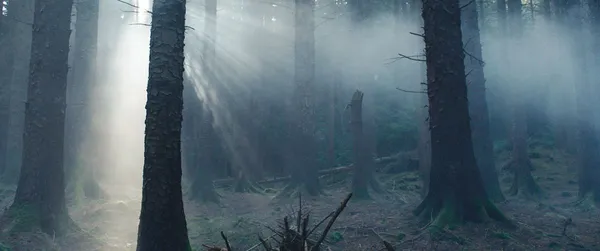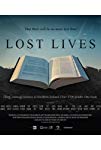Eye For Film >> Movies >> Lost Lives (2019) Film Review
Lost Lives
Reviewed by: Jennie Kermode

The death we begin with occurred in the late Sixties. It was the first time the Troubles claimed the life of a child - a boy caught by a stray bullet that came through his wall. His father thought he had fainted - didn't realise what had happened until he noticed that the back of the wee lad's head was covered in blood.
Over 3,700 people are believed to have died as a result of the Troubles, around one in every 14 of them a child. It would be impossible to tell all their stories in the course of a film like this. Drawing on David McKittrick's book Lost Lives: The Stories Of The Men, Women And Children Who Died As A Result Of The Northern Ireland Troubles, documentarians Dermot Lavery and Michael Hewitt take a sample of stories to represent the whole. Lost children and babies. Whole families killed at the same time, with no-one left to identify the bodies. Police officers. Soldiers. Bomb-makers. Secondary casualties - those who took their own lives or wasted away because they couldn't bear the loss of their loved ones. A convicted killer who took his own life because he couldn't bear the weight of what he'd done.

We could talk about the innocent and the guilty, framing the discussion as it was conventionally framed for decade after decade whilst the Troubles persisted, but there's no room for that here. That murderer mused on how easy it had been to do what he did in that space, in that time, and how only after wars - seconds afterwards - did he understand the horror of it. We hear about the kidnapping and killing of 14-year-old Philip Rafferty and how it affected his Jewish uncle, who had lost a cousin to Hitler's concentration camps. There is the same sense, throughout this, of small human lives crushed by the vast movements of history. The same tremendous sense of waste.
A group of the country's most capable actors take it in turns to tell the stories; one can imagine the strain on them, too. We see newspaper clippings, photographs of the deceased, pictures of the homes where they lived and the places where they died. Empty stairwells in ruined red brick buildings, mouldering paint flaking from the walls. Warehouses and garages like caves. Snowy hills on the edge of town, thick with pines. The camera drifts around an empty Belfast, presumably visited in the early hours, the absence of people making it feel as if every inhabitant of the place has been snatched away. It focuses on dirt and neglect, on industrial machinery lying idle. It catches the fierce, obsidian blue of crashing waves against the docks, pulls back and up into the sky to reveal that lush greenness that speaks to Northern Ireland's intrinsic wealth and beauty. The awfulness of what took place stands in contrast to this potential. What happened makes less sense at a distance, but it's only when we pull back that we can see it clearly.
If you think that going to sit in a cinema and hear a list of stories like this sounds dull, you'll be surprised by how hard this film will grab you. Distance does nothing to reduce the emotional impact. And yet somewhere towards the end, there's hope. No certainties, but the suggestion that a change of perspective and the will to hold onto it, to believe in a positive future for Northern Ireland, is all it takes to make the difference.
The full list (of known names) runs over a black screen when the rest is gone. There's no time to read them all, but they're clumped together in blocks so one can get a sense of the scale of it year by year, identifying past periods of hope and years of escalation. The passing of the Good Friday Agreement and then, at last, this century, those names beginning to thin out. Some clusters still, but in 2011, just one name. In 2014, just one name. In 2018, just one name. In 2019, Lyra McKee.
Reviewed on: 18 Oct 2019

















